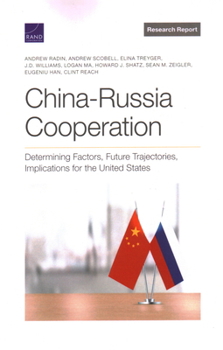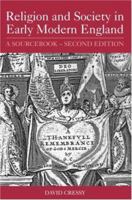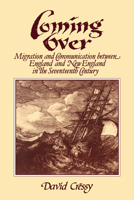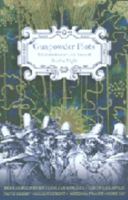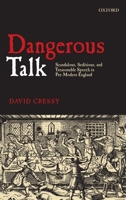China-Russia Cooperation: Determining Factors, Future Trajectories, Implications for the United States
Since 2014, China and Russia have strengthened their relationship, increasing political, military, and economic cooperation. In this report, the authors seek to understand the history of cooperation between Beijing and Moscow, the drivers of and constraints on the relationship, the potential future of cooperation between China and Russia, the impact of the Chinese-Russian relationship on the United States, and implications for future U.S. policy.
Format:Paperback
Language:English
ISBN:1977404405
ISBN13:9781977404404
Release Date:November 2021
Publisher:RAND Corporation
Length:322 Pages
Weight:0.96 lbs.
Dimensions:0.7" x 6.0" x 9.0"
More by David Cressy
Customer Reviews
0 customer rating | 0 review
There are currently no reviews. Be the first to review this work.










